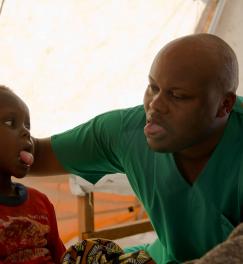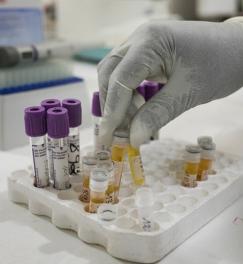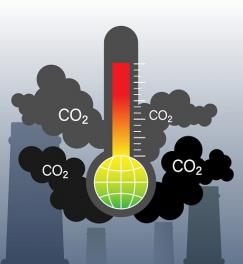Our commitments
Our goal
Our goal is to provide operational solutions to improve access to quality care for populations living in unstable conditions or with insufficient access to care. Today's international health landscape is rapidly evolving with an increase in the prevalence of chronic non-communicable diseases such as cancer, the need to develop appropriate diagnostic, preventive and therapeutic options, the challenges of antimicrobial resistance, pandemics caused by emerging diseases, and the growing impact of environmental changes on health. These changes, while reinforcing our missions, require us to adapt and react. The implementation of our ambitions relies on our intangible link with MSF, our experience and the expertise of our teams.
A 2020-2023 Strategic Plan
In order to further improve access to quality care for populations living in unstable situations, Epicentre has set goals for the coming years. These goals include increasing and diversifying its expertise, consolidating its position within MSF, and opening up to new partnerships.
The deployment of this strategy aims to reinforce Epicentre's position as a major player in research, but also - and above all - to accelerate innovation and access to care for people suffering from conflicts, epidemics and disasters. Supporting MSF's operational teams and conducting research, primarily at the advanced stage, is at the heart of Epicentre's project to ensure the deployment of medicines, vaccines, and diagnostics adapted to the populations MSF cares for.
Our priorities
Diversity and quality of our activities
To continuously improve our expertise to better respond to emergency situations, monitoring and evaluation activities, emerging medical and humanitarian issues and research and development by:
• Strengthening our presence in countries where we are already active and within MSF
• Reinforcing our laboratories in Uganda and in Niger
• Developing our expertise in the human and social sciences
• Continuing the digitization of Epicentre and developing tools for collecting and analyzing data and communicating information
• Creating new training courses to meet the needs of MSF and national and international partners
To increase the impact of our work through
• Implementing a communication policy and improving cooperation with MSF on making public statements
• Promoting our work
Diversification of our resources
To ensure funding growth and sustainability by:
• Continuing the development of our human resources by attracting high-level staff and ensuring diversity in recruitment
• Developing financial support by seeking new funding sources
Epi'green
At the end of 2021, Epicentre has embarked on a journey to reduce its carbon footprint.
The first step was to calculate Epicentre's carbon footprint. In 2019, the baseline year, it amounted to 3,891 tonnes of CO2 eq. Secondly, a climate and environment roadmap including 24 concrete solutions was drawn up to achieve the targets set.
Who we are
Find out more
Our organisation
Find out more
Our history
Find out more
Epi'green
Find out more





